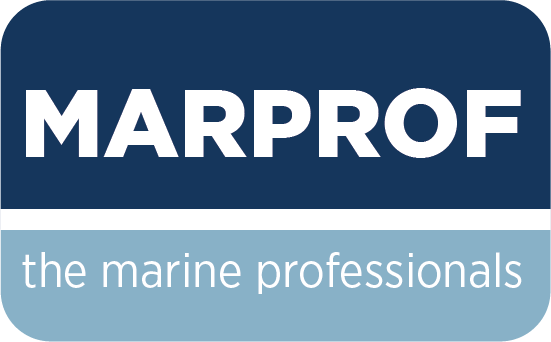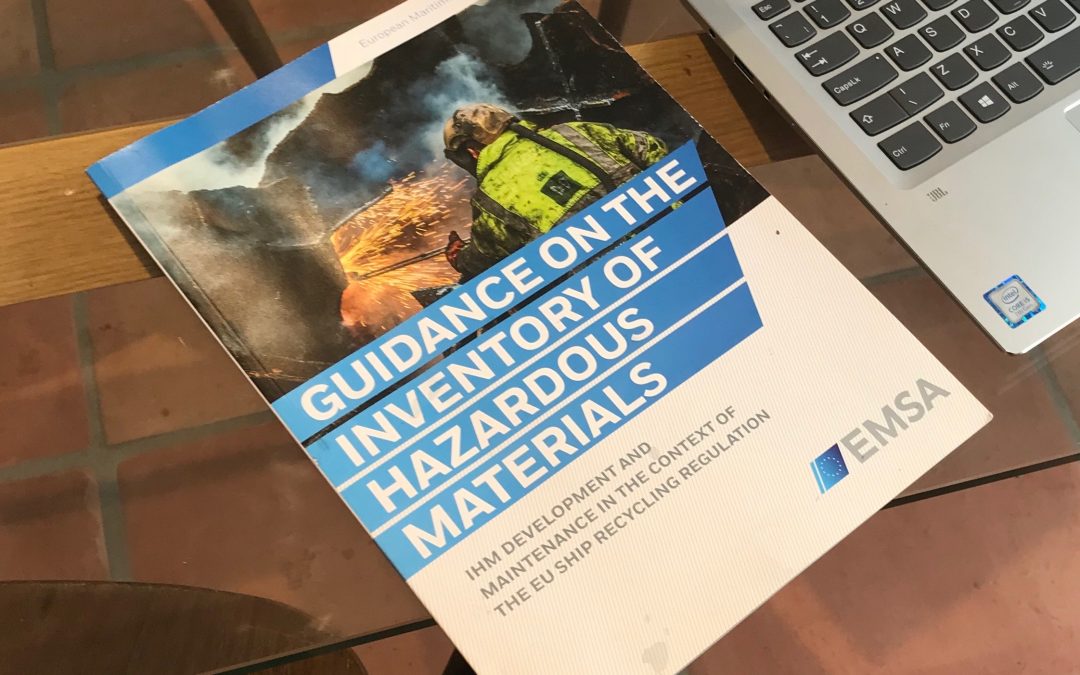Ship recycling was back on the international agenda yesterday with the reformation, by ICS, of the Industry Working Group on Ship Recycling, which met at IMO yesterday. Marprof’s Robin Townsend was in attendance, representing the Royal Institution of Naval Architects (RINA).
IMO was the proper venue for this event. MEPC was attracting hundreds of people to worry about a myriad of issues of which low sulphur fuel and ballast water remain centre stage. But whilst these two topics cost vast amounts of money and lock up huge investment, they camouflage the equally urgent problem of the European Union Ship Recycling Regulation, which some consider to be ‘the closest crocodile to the canoe’.
Inventory of Hazardous Materials (IHM)
Ship recycling focuses, correctly, on the recycling facilities. But for the shipowner there is the hidden issue of the IHM. Some shipowners have an IHM already, but some owner/operators are unaware of the absolute requirement for an EU version of the IHM to be onboard to enter European ports from 2021 onwards.
Please read this again:
Throughout 2019 and 2020 your average shipowner will concentrate time and money on low sulphur fuel and ballast water treatment. But on 1 January 2021 when he tries to sail to Europe, the absence of an IHM will mean he cannot enter, regardless of country of origin or flag. And do not expect the EC to be sympathetic – they do not have a mechanism for such sympathy.
This is not some simple scrap of paper either, and an old school ‘Green Passport’ or a newer Hong Kong Convention compliant IHM is unlikely to fit the bill. The issue is that both the IMO Convention and the EU Regulation require existing ships to have Inventories that list hazards ‘as far as practicable’. However, each interprets this differently.
The IMO Guidelines for the Development of the IHM (MEPC.269(68)) give the minimum requirements. However, the only guidance Europe has issued to date is the EMSA ‘best practice’ Guidance on the IHM, and this ‘gold standard’ has been issued to all EU member states and associated port state control with orders for the states to write their own rules to implement the regulation (EU SRR 1257/2013 paras 16 and 17).
The Industry Working Group correctly identified that this matter needs to be clarified with the EC, its operational maritime arm EMSA, and the EU member states. The Regulation does not require the EMSA ‘gold standard’ to be applied, and states quite plainly in para 12 that ‘when interpreting the requirements, consideration should be given to the guidelines developed by the IMO.’
The Industry Working Group is rightly concerned that shipowners may well leave the IHM until it’s too late, and that authorities might not allow it to be a reasonable and proportionate inventory of hazardous materials onboard the ship.
Ship recycling
Surely the more important question, and the ultimate intention of both the IMO Convention and the EU Regulation, is how we recycle ships, and the Industry Working Group gave this great weight.
There are continuing signs of improvement in standards in most ship recycling locations worldwide – the obvious exception being Pakistan, who again have been forced to suspend ship recycling following yet another fire during dismantling.
However, the withdrawal of China from the international market (due to its blanket ban on the import of wastes) coupled with the inability of any Asian yard to achieve entry to the EU List provides a huge headache at this moment. Further, a general lack of information and feedback relating to both these issues gives considerable problems in predicting the future. It is sincerely hoped that China allows its world leading ship recycling technology to be utilised on a global scale, and that the EC publishes a decision on India that people can work with – be it good or bad. In both cases, it is the uncertainty that is damaging to shipowners. The industry needs China, and if the other applicants are not up to scratch then tell us how and the industry will surely find the solutions.
2020 – no Inventory, no entry…
The Industry Working Group was positive throughout and will continue to promote ratification of the Hong Kong Convention; but there are bumps along the way, particularly the application of the EU Ship Recycling Regulation – and the pressing need for shipowners to prioritise fleetwide IHM certification.
Marprof Environmental believes that the EC and member states need to remember the primary purpose of the EU Regulation was to accelerate ratification of the IMO Convention and to further develop and assist ship recycling capability. As such, associated guidelines must not get bogged down in short term issues that hinder shipping but must give clarity that help us all to achieve proper recycling and hazardous materials control.


Exellent commentary.
Out of interest, do you think the ‘primary purpose’ of the EU regulation has been achieved and the HKC is now closer to ratification?
Hi Jon,
Thanks. I think the EU has usefully bought into focus the issues with ratifying the Hong Kong Convention and certainly led to improvements in Alang. It has focused peoples minds on the main issues and how to solve them.
The huge hurdle of accepting (or not) beaches or intertidal landing is however not solved yet and this needs expediting.
So, yes, we believe they are driving towards showing ratification is possible, but regional regulation is never preferred – it is a stepping stone.
what is your view?